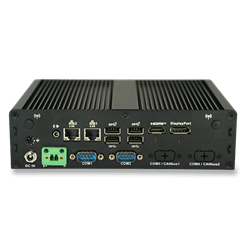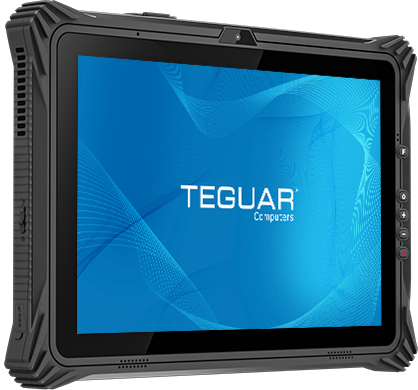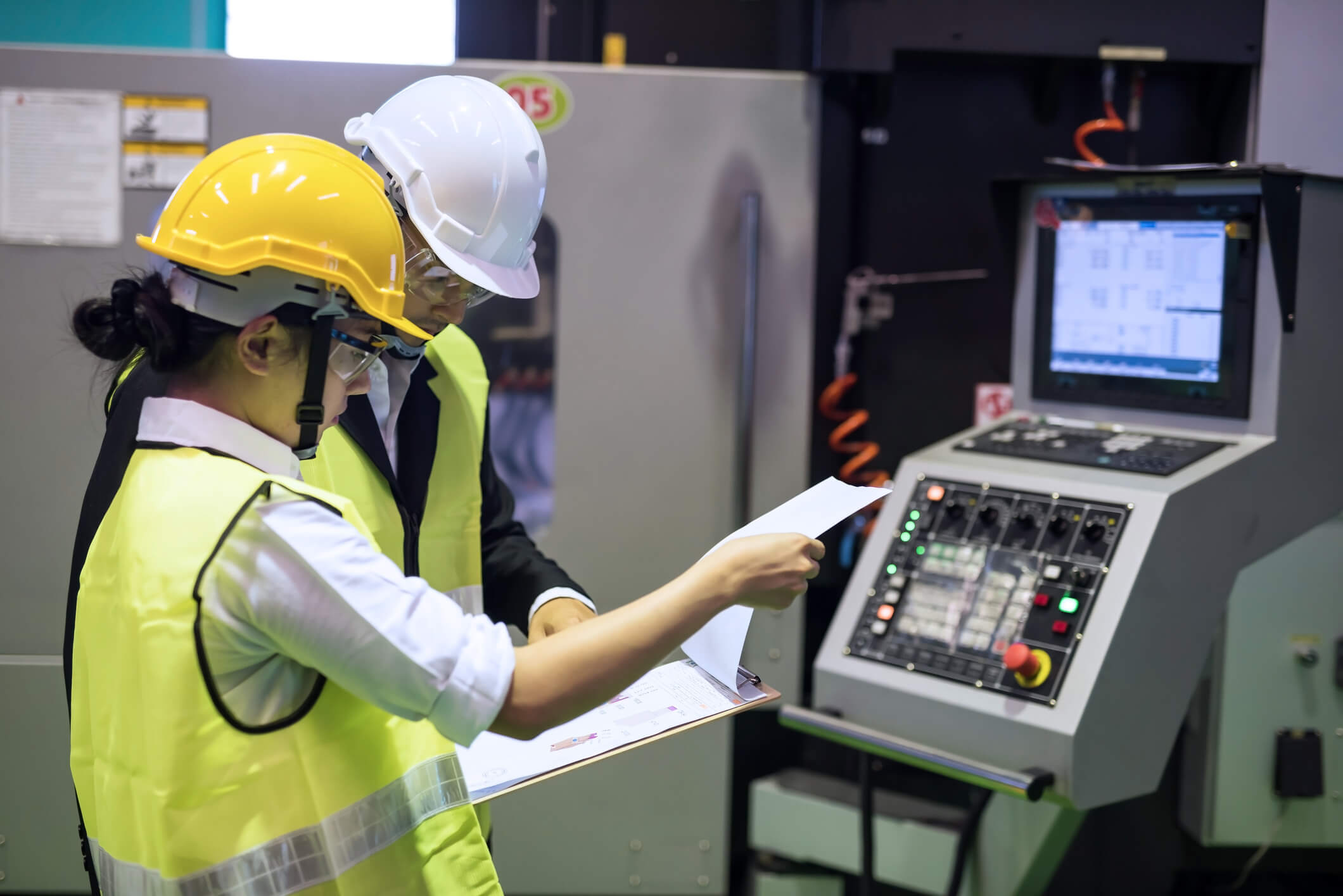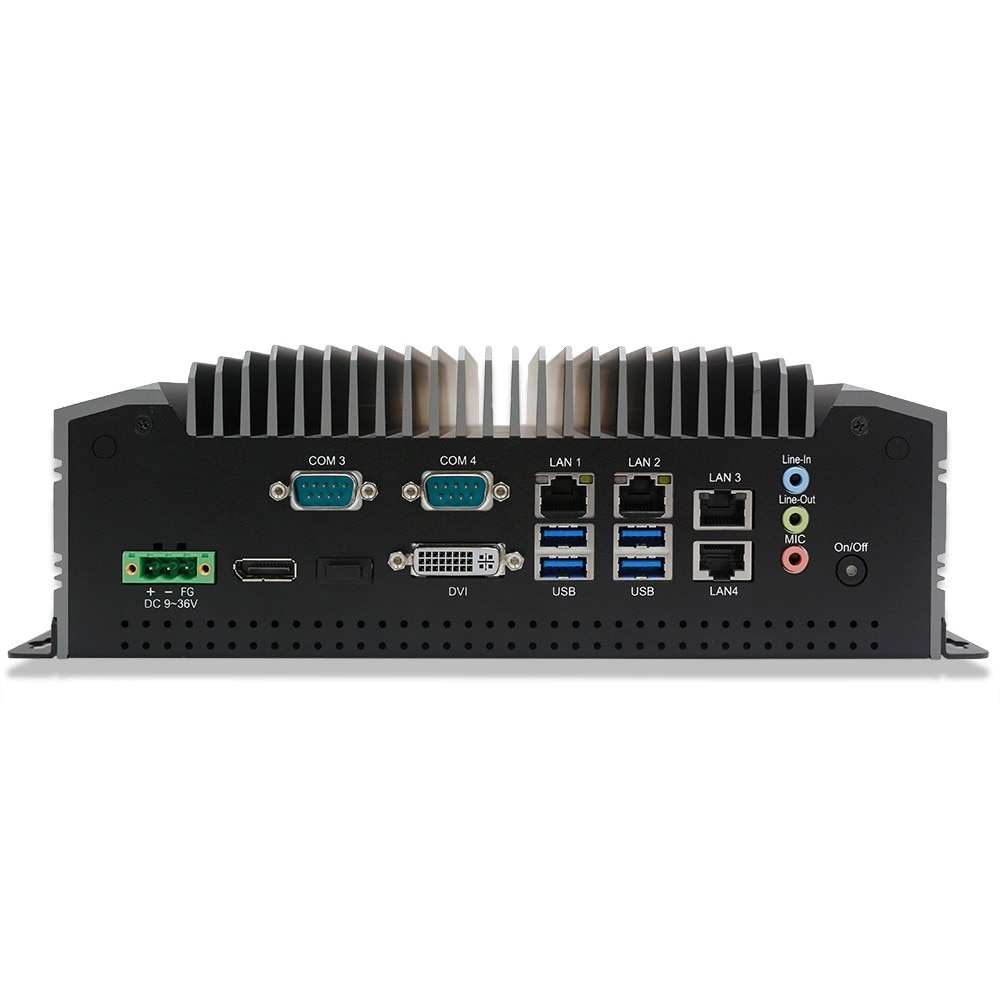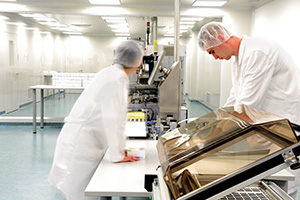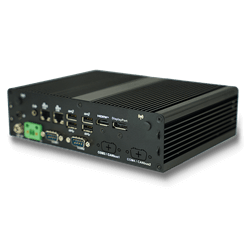Fields of Change: The Role of Automation in Modern Agriculture
| TL/DR: Challenges like costs and training persist, but the potential for higher productivity and environmental benefits is significant. Manufacturers spearhead this evolution, ensuring technology adaptation across diverse agricultural landscapes, promising a future of enhanced farming practices. |
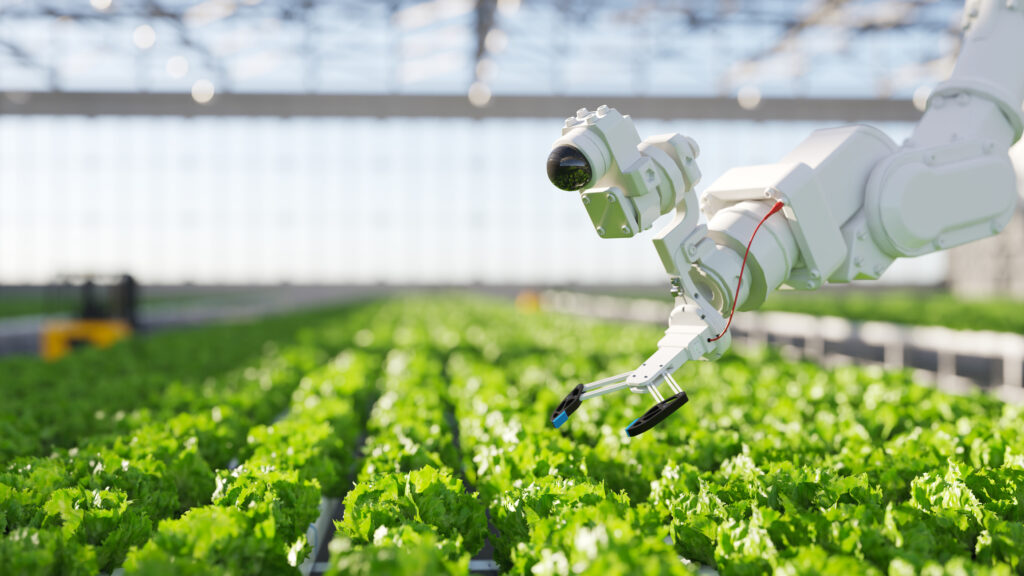
The fertile fields of traditional farming are being overlaid with a new type of growth—one that does not come from the earth but from the innovation in technology that is rapidly transforming industry. Agriculture has always been at the mercy of nature’s cycles and human traditions. This has often led to inefficiencies, wastage, and high labor requirements. However, the sector is on the cusp of a revolution, leveraging automation technology to improve every aspect of the farming process. For agricultural technology enthusiasts, the opportunity to participate in such a monumental shift is both exhilarating and crucial for sustaining the world’s growing population.
Challenges in Implementing Automation
While the benefits are considerable, implementing automation in agriculture is not without its challenges.
Initial Investment Costs
The upfront investment in automation technology can be high, especially for smaller farms. However, these costs are often offset by the long-term savings and increased productivity.
Technological Limitations and Compatibility Issues
The agricultural industry is diverse, and there is no one-size-fits-all solution. Different climates, crops, and landscapes require compatibility between systems that may not exist yet.
Training Requirements for Operators
Farmers and farm workers may lack the technological expertise to operate and troubleshoot these systems, highlighting the need for comprehensive training and support from technology providers.
Equipment Manufacturers in Agriculture
The role of equipment manufacturers in agricultural automation cannot be overstated. As the backbone of farming technology, these companies are tasked with not just keeping pace with, but actually driving the innovation that enables this new era of precision agriculture. The job is on them to engineer solutions that are not only technologically advanced but are also accessible and practical for farmers across the globe.
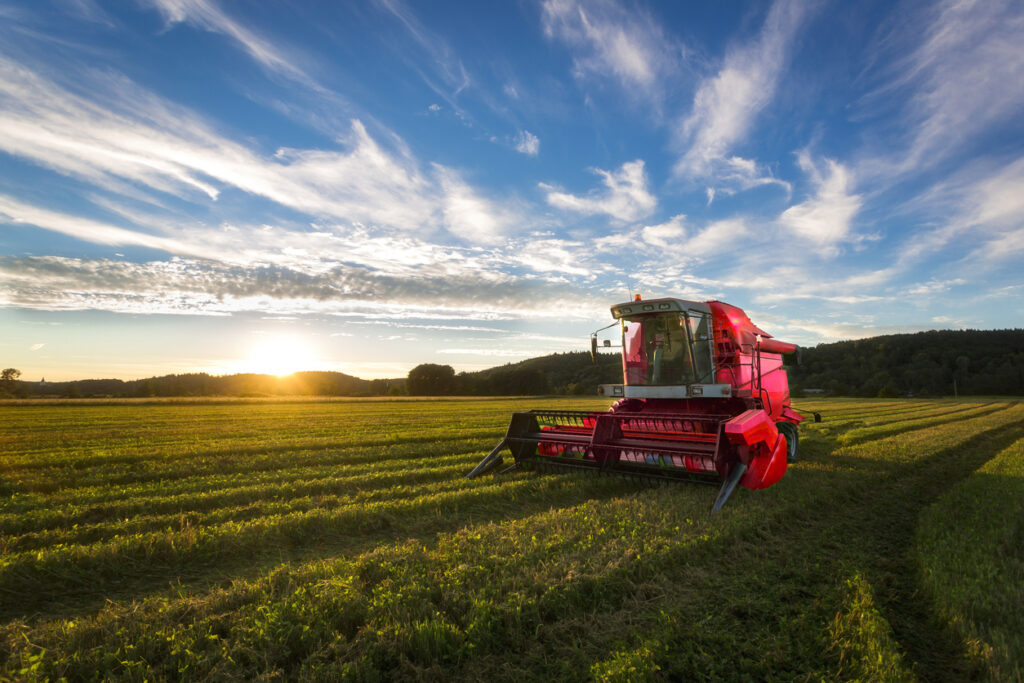
Leading the Charge in Technological Innovation
Equipment manufacturers must invest heavily in research and development to create machinery and systems that embody the cutting-edge of technology. This includes everything from automation and robotics to AI, IoT, and beyond. The goal is to produce equipment that can significantly increase efficiency, reduce waste, and maximize yields in a sustainable manner.
The Necessity of Strategic Partnerships
Innovation at such a scale seldom happens in isolation. Manufacturers need to forge partnerships with tech companies, universities, research institutions, and even farmers themselves to ensure their solutions are both cutting-edge and directly applicable to the challenges faced in the field. These collaborations can lead to breakthroughs that individual entities might not achieve alone.
Adapting to a Rapidly Evolving Landscape
The agriculture sector is undergoing rapid transformation, and equipment manufacturers must be agile to adapt. This means being receptive to feedback from the agricultural community, understanding the shifting demands of the market, and being prepared to pivot strategies as new technologies and methodologies emerge.
Supporting Farmers in the Transition
As important as it is to lead in innovation, equipment manufacturers also have a crucial role in helping farmers integrate new technologies into their operations. This includes offering training programs, technical support, and financing options to facilitate the adoption of automation and other advanced technologies. By doing so, manufacturers can ensure that farmers are able to fully leverage these innovations for improved productivity and sustainability.
The collaboration between equipment manufacturers, technology partners, and the farming community is pivotal in shaping the future of agriculture. Together, they can create the high-tech solutions required to modernize farms, ensuring the sector’s longevity and prosperity in the face of global challenges.
Future Trends in Agricultural Automation
The future of agriculture is being built today, with emerging technologies set to change the game further.
Leveraging AI for Predictive Analysis and Decision Making

One of the most promising avenues for further automation in agriculture lies in the realm of artificial intelligence (AI). AI systems can analyze vast amounts of data from various sources, including weather patterns, soil conditions, and crop health, to make predictive analyses that can guide farmers in making better-informed decisions. This level of predictive capability can significantly improve the precision of farming operations, leading to increased yields and reduced waste. AI can facilitate real-time decision-making, enabling farmers to respond swiftly to emerging issues or changes in environmental conditions, ensuring the health and viability of crops.
Enhancing Sustainability Through AI-Driven Solutions
The blend of AI with agriculture even offers huge potential for making farming more sustainable. By using AI algorithms and environmental data, farmers can optimize resources, reducing water, energy, and chemical use while improving crop health and yield. AI technologies like machine learning can predict the best planting times, detect disease early, and recommend exact fertilization amounts for each plant. This not only makes farming more efficient but also lowers its environmental impact, moving towards a more sustainable future.
Teguar’s Role in Agriculture Automation
Teguar’s expertise extends beyond mere hardware provision; they offer comprehensive support throughout the implementation process. Their team collaborates closely with agricultural stakeholders, understanding the nuances of each farming operation to develop precisely tailored solutions. Whether it is integrating sensors for precise irrigation management or designing intuitive user interfaces for monitoring livestock conditions, Teguar’s agriculture computers ensure that every aspect of automation aligns seamlessly with the farm’s requirements. By working hand-in-hand with clients, Teguar does not just deliver off-the-shelf products; they co-create innovations that revolutionize agricultural efficiency and sustainability.
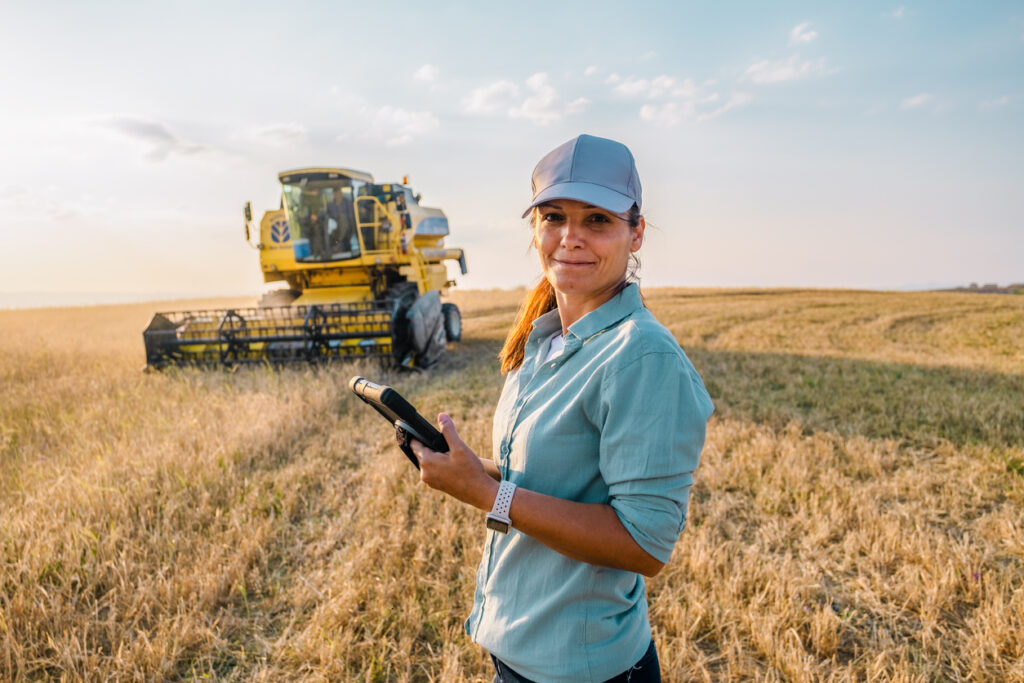
Integrate Today!
By understanding the benefits of integrating automation into agriculture, preparing for the challenges, and looking to the emerging trends, we can revolutionize agriculture and cultivate a sustainable future. Now is the time for agricultural enthusiasts to seize the opportunities that automation brings, propelling the farming sector into a new era of growth.



